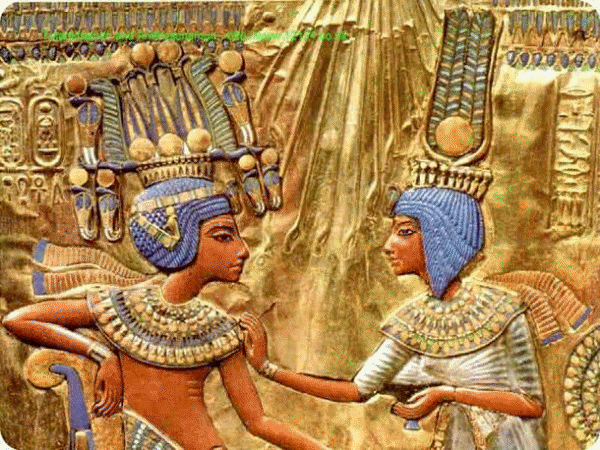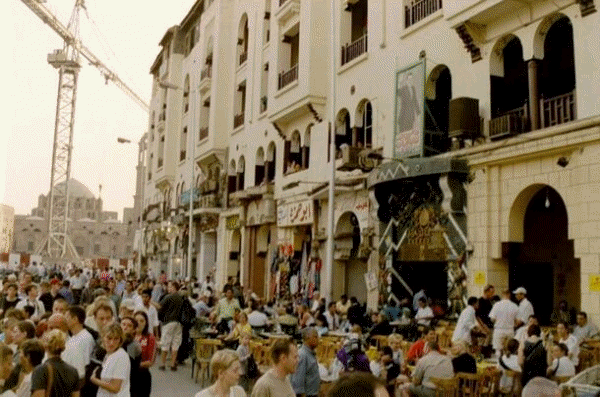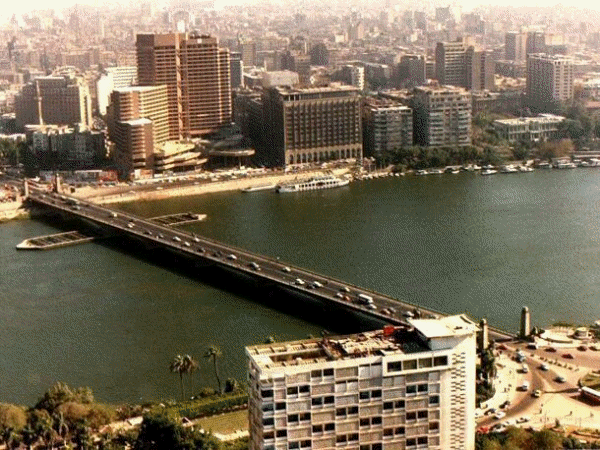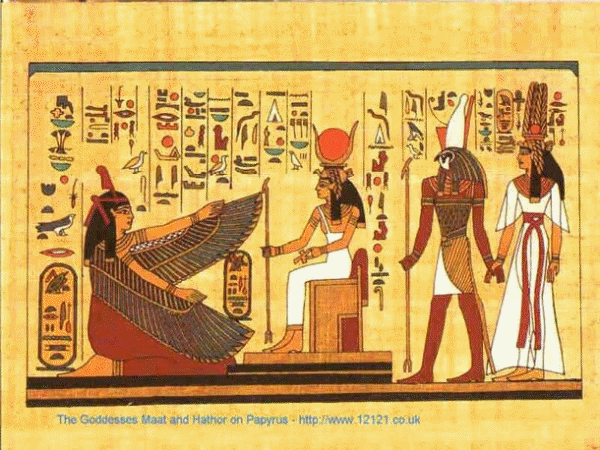
JUNE 2006

Every sector of Egyptian society is struggling with the government to stop
further chaos spreading across the Arab region
http://www.guardian.co.uk/commentisfree
Ahdaf Soueif
Friday May 26, 2006
The Guardian
It is now a year since the government of Egypt jacked up the violence of its response to pro-reform demonstrators. On the streets of the capital, state security forces introduced two innovations: gangs of muscle-bound, possibly criminal, possibly stoned young men were utilised to beat up peaceful
demonstrators and to implement the second innovation: assaulting, stripping and sexually humiliating women protesters.
This last is such a radical departure from Egyptian norms and values that its anniversary today is being marked by Egyptians everywhere. It stung mothers into action and mobilised greater numbers of professional women to join the pro-reform movement. It also highlighted how separated this
government has become from the people it is supposed to represent. The demands of both the secular and the Islamist opposition are for reform rather than revolution". People want democracy, transparency and the rule of law, and they want them without violence and trauma.
It's worth remembering that in Egypt's founding myth the battles between the gods Horus (the reasoning heart) and Seth (energy and force) were resolved not on the battlefield, but by recourse to adjudication. The judge decreed that although Horus was in the right, Seth would not be cast into darkness but given respect and mobilised to protect Ra's sunship (life and order) from the dragon Anophis (death and chaos). Egypt's self image is centred on order, solidarity and the rule of law.
But Egypt has been teetering for years on the edge of chaos. The process of development the country has been subjected to for the last 30 yrs. affecting the life of every citizen. Cairo has unacceptable levels of pollution; the haphazard slums that have sprung up have no access to clean water. For the first time in history Egyptians are undernourished. Cancer, respiratory disease and hepatitis C run rampant - said to be caused by suspect agricultural pesticides and other chemical imports. Unemployment sits at 12%. A nation that's been rooted in its land for six millennia is queueing at every embassy's immigration counter. Education has become a farce; so has healthcare. The gap between rich and poor yawns obscenely and the middle classes have vanished into it. And most of this is avoidable - if the country were run in the interests of its people, by a government accountable to the people and governed by the law and the constitution. This is what the reform movement is about.

The fact that Egypt has not yet collapsed is largely because of values that are entrenched in the Egyptian way of life: patience, compromise and solidarity. But now matters are coming to a head: a fault line is being created between Egyptian Copts and Egyptian Muslims, and there is official
negligence and corruption. The situation becomes more and more unsettling.
None of this is addressed by the government. A rhetoric of falsehood and excuses, police brutality and troops on the streets are the answers to everything. Meanwhile the hated emergency laws have been extended for two years - with a promise that they'll be removed when a prevention-of-terror
law takes their place. The president is perceived to be trying to shoehorn his son into the presidency, despite his overwhelming unpopularity, and to retain US patronage the regime is taking unpopular foreign-policy stances. Now, amid a face-off with the judiciary - demanding freedom from intervention by the political executive - Egyptians see the regime colliding with the law itself.

Practically every sector of Egyptian society now finds itself in conflict with a regime that aligns its interests with those of a very narrow business elite and uses the security apparatus to stifle dissent. Farmers try to physically defend lands from repossession; industrial workers camp out in great state factories being sold to private investors at well under their value; journalists campaign for the freedom of the press; professors and lecturers hold their union meetings on pavements as the authorities lock them out of their universities; civil engineers hunt for somewhere to hold their AGM as the authorities lock them out of their syndicate; a phalanx of senior judges stand vigil outside their club, their decorations blazing on their chests.
You could read the current conflict as Egyptian society and the institutions of the state entering a confrontation with the government in order to force it to reform and thus hold off the danger of collapse and of revolution. As such, everybody who does not wish to see the Arab region driven into more extreme chaos should support them.
The support that the reform movement, particularly the secular-left opposition, needs and asks for is emphatically not at any official or government level but at the level of individuals and professional bodies. The "Statement of solidarity with Egyptian judges" declared by the Syndicat de la Magistrature in France on May 16 was tremendously welcome. Similar solidarity from Britain's Association of University Teachers, the National
Union of Journalists and other unions would likewise be welcome.
The media should be accurate in describing this struggle. Yes, the Muslim Brotherhood is part of the movement for reform, but the power and appeal of the movement is not denominational. Yes, the al-Ghad party leader, Ayman Nour, is in jail, but he must not be accorded more stature than he really has. The US media, particularly, are guilty of this. The British media make much of the fact that Nour came second in the presidential elections last September - but he got only 1% of the vote.
Nour's profile in the western press is due to the fact that he could be a viable alternative for the US: if supporting Hosni Mubarak becomes too difficult, Nour could represent a fresh start along the same road of free-market values and policies. Whether Egyptians want to take this road should be a matter for public debate. But he should not be in jail. Like the 20,000 political detainees in Egyptian prisons, and the extra 800 detained over the past month, Nour should have a fair trial. But the western media should not pretend that he will emerge from jail as a popular leader.

Finally, journalists refer to Mubarak as "Egypt's pharaoh". But a pharaoh's raison d'etre for 3,000 years was to speak and act truth, so as to ensure the wellbeing of all Egyptians and the survival of Egypt. Our current rulers, sadly, are no pharaohs.
? Ahdaf Soueif's latest book is Mezzaterra: Fragments from the Common Ground
ahdaf@hotmail.com
illustration: www.avveduto.com/ foto-egitto.html